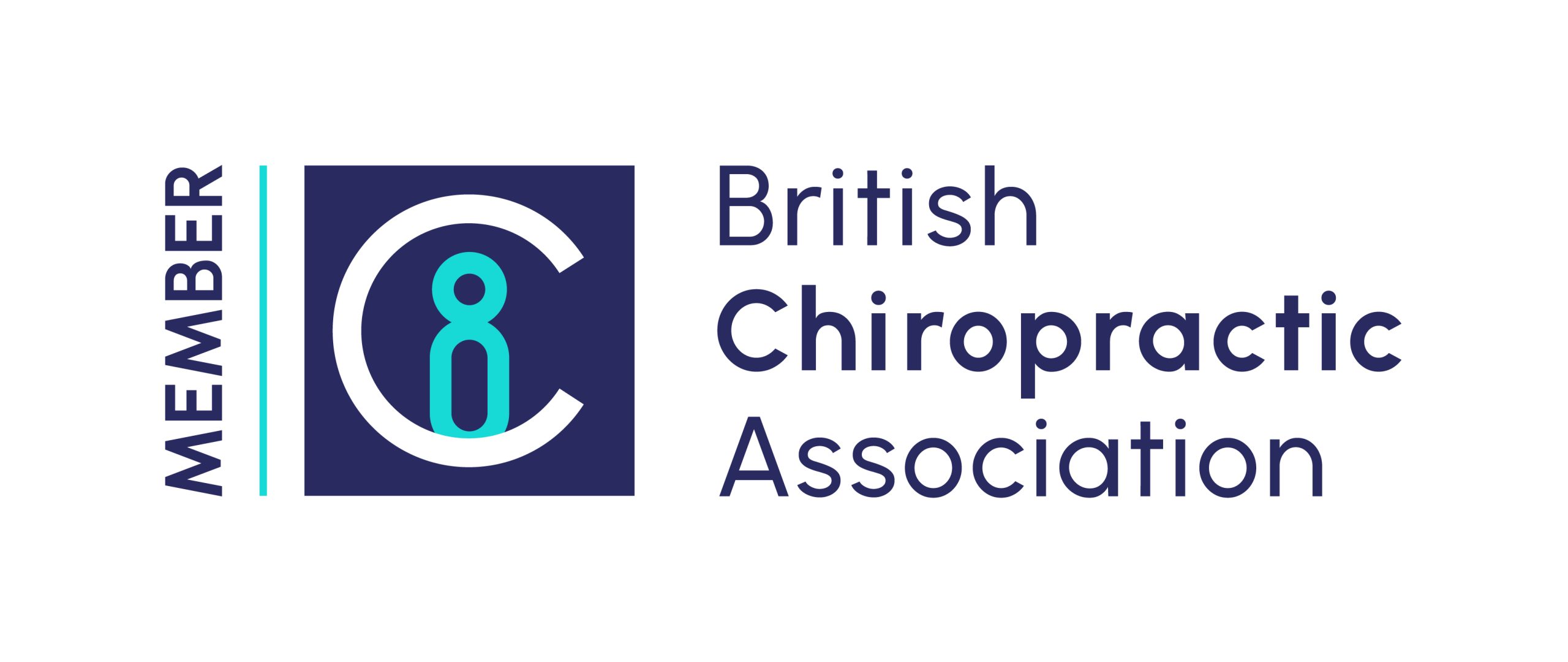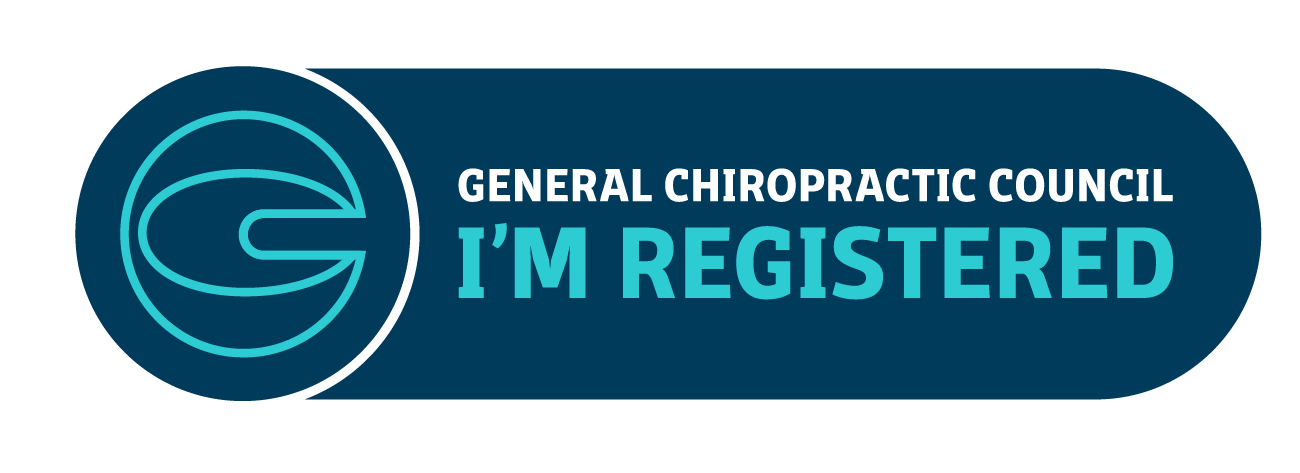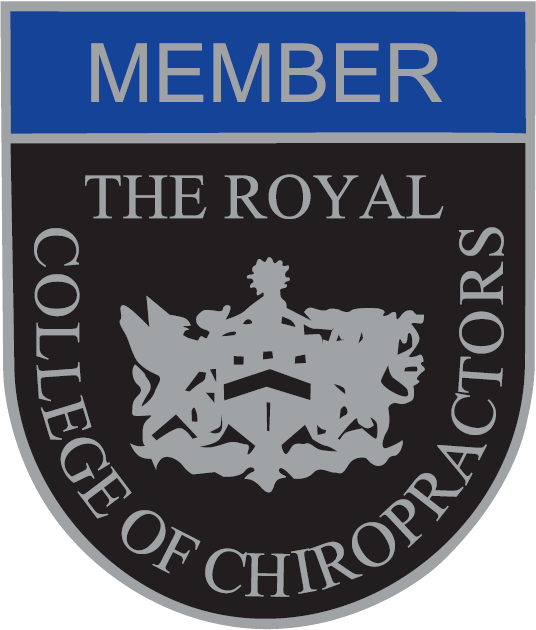 Most of us experience dizzy spells from time to time. Caused by situations such as generalised disequilibrium or anxiety, such feelings are transient and will normally resolve themselves without the need of any medical intervention. However, vertigo is another situation which must be differentiated from dizziness. Not only is it associated with a number of unique causes, but professionals will often base their diagnosis off of your symptoms. Let us first take a look at the causes of vertigo before examining the associated symptoms as well as when you should seek help.
Most of us experience dizzy spells from time to time. Caused by situations such as generalised disequilibrium or anxiety, such feelings are transient and will normally resolve themselves without the need of any medical intervention. However, vertigo is another situation which must be differentiated from dizziness. Not only is it associated with a number of unique causes, but professionals will often base their diagnosis off of your symptoms. Let us first take a look at the causes of vertigo before examining the associated symptoms as well as when you should seek help.
What Causes Vertigo?
Most physicians feel that vertigo is generally caused by a condition known as benign paroxysmal positional vertigo (BBPV). We will be focusing upon BBPV for the sake of this article. BBPV is rooted within the inner ear. Tiny calcium carbonate crystals contained within this portion of the ear canal can become dislodged on occasion. They then migrate to the semicircular canals where an interaction with nearby nerves can cause an intense dizzy sensation. It is interesting to note that up to ten per cent of the population will experience this form of vertigo at least once in their lives.
Examining Some of the Most Common Symptoms
It is important that you are able to rule out other conditions when determining whether or not vertigo is present. In many cases, you may feel an intense dizzy sensation if you happen to suddenly turn over while laying down. This is a short-lived feeling; lasting for 30 seconds or so before quickly subsiding. Some of the other symptoms which you may experience on occasion can include:
- Nausea
- Vomiting
- A generalised feeling of imbalance or unsteadiness
- A feeling that static objects around your are moving when they are completely still
There can also be times when your eyes move in an abnormal fashion while experiencing an attack. This is known in the medical community as “nystagmus”. We should note that vertigo can accompany related conditions such as hearing loss.
When Should You See a Doctor?
In the majority of cases, vertigo is not normally a medical concern. However, it is wise to seek the advice of a professional if dizziness prevents you from walking or causes you to fall down. It is likewise important to highlight that those who experience a rapid onset of severe symptoms should seek out advice. This is particularly the case if you have concurrent medical conditions such as high blood pressure, cardiovascular disease or you are over the age of 80.
There are several treatment options available and these will depend upon your specific symptoms, so the good news is that most cases of vertigo can be alleviated with professional help.









